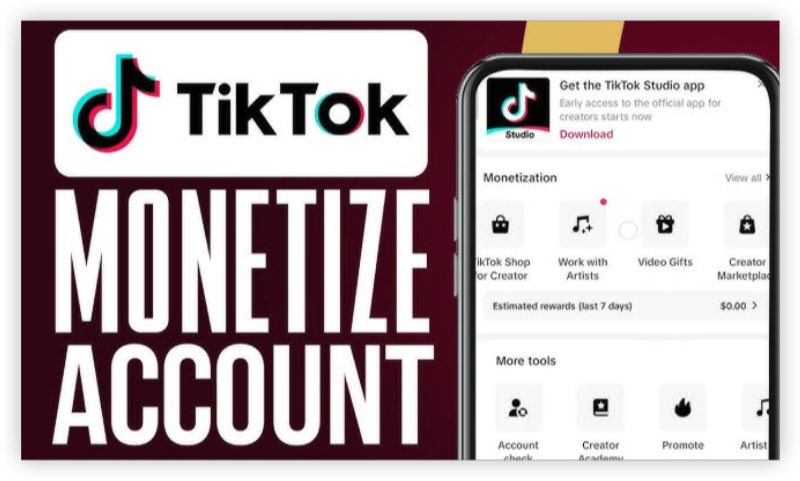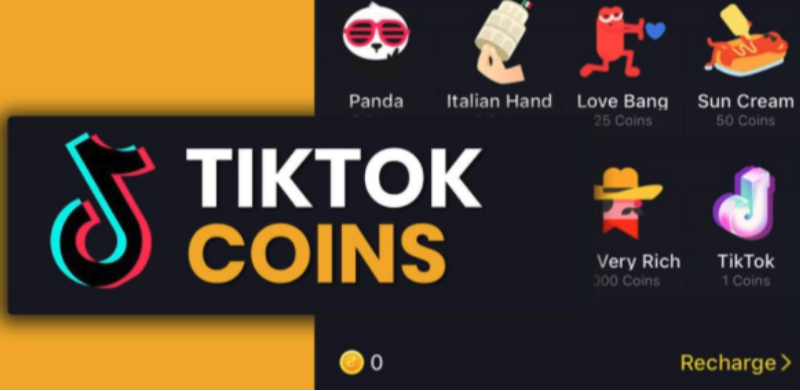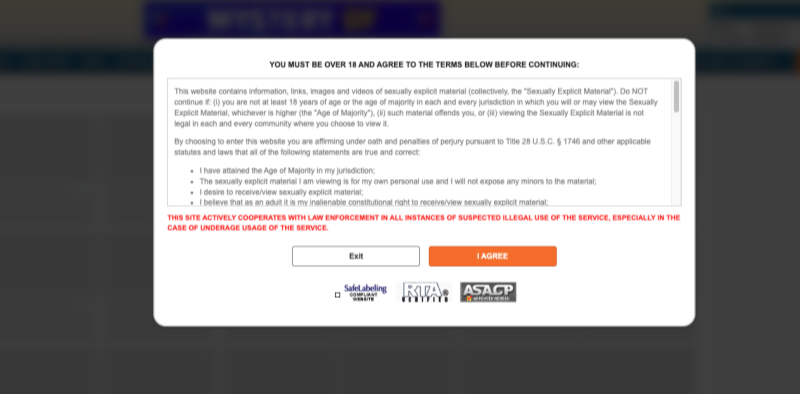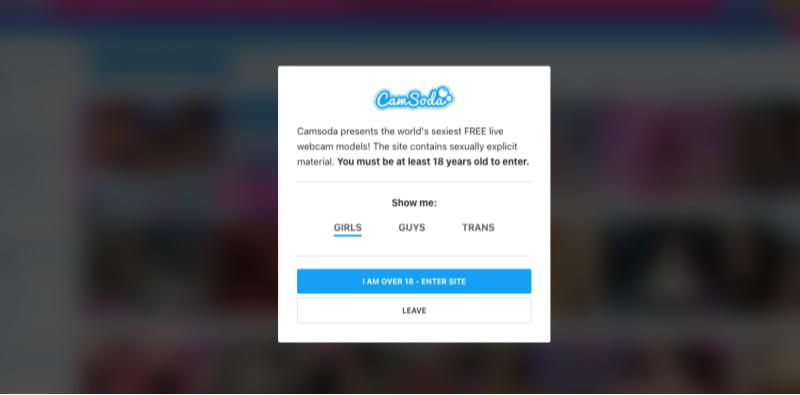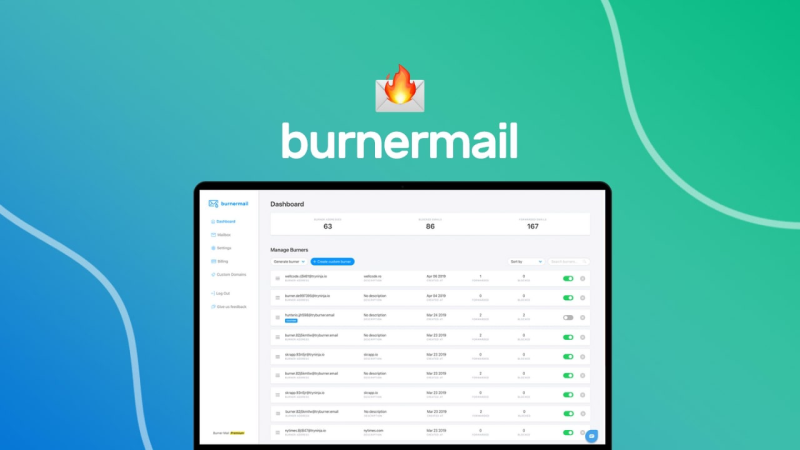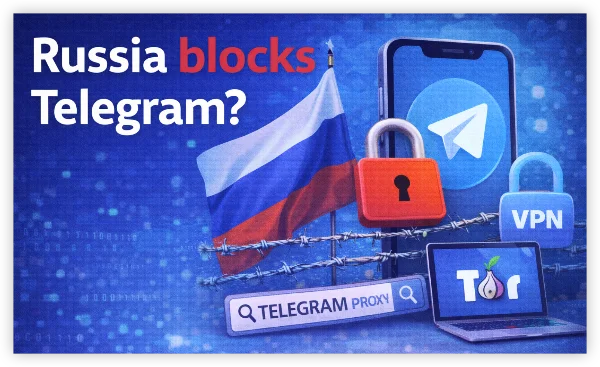What Is TikTok?
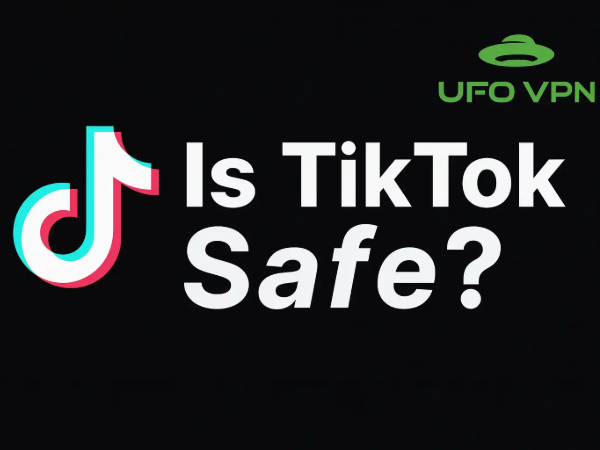
TikTok is a short-form video platform launched in 2016 that allows users to create, share, and watch videos ranging from 15 seconds to 10 minutes. Its algorithm is highly personalized, keeping users engaged by recommending content based on viewing history. TikTok appeals to a broad audience, from teens creating dance challenges to adults exploring hobbies, recipes, and educational content.
Beyond entertainment, TikTok is also a social hub where users can interact through comments, live streams, and private messages. TikTok Shop, the platform’s built-in e-commerce feature, allows users to buy products directly while scrolling through videos, adding convenience but also raising questions about transaction safety.
However, TikTok’s rise hasn’t been without controversy. The app has faced bans or temporary blocks in several countries over concerns about data privacy, national security, and harmful content. Governments, security experts, and parents continue to scrutinize its influence and safety. This makes it increasingly important for users of all ages to understand what makes TikTok “safe” or “risky” before diving in.
If TikTok is banned in your country, you can try a free proxy VPN to regain TikTok access. It offers the USA VPN free, the India VPN free, the UK VPN free, etc.
Security Risks & Privacy Concerns
When evaluating whether TikTok is safe, it’s helpful to consider both security risks and privacy concerns, as they are closely intertwined. Understanding these aspects can help you make informed decisions about what content to engage with, which permissions to grant, and how to protect your personal information.
1. Security Risks
TikTok’s popularity makes it a potential target for malicious actors:
-
Account Hijacking and Scams: Hackers may try phishing attacks, fake login pages, or exploit weak passwords to access your account. If successful, your personal details, private messages, or linked accounts could be compromised.
-
Malicious Links and Downloads: Some videos or direct messages may contain links leading to malware or phishing websites. Spam accounts on TikTok often spread these links at scale, luring users with fake giveaways, suspicious offers, or impersonated profiles. Clicking without caution can put your device and personal data at serious risk.
-
In-App Fraud: TikTok Shop is convenient, but it also introduces risks from fraudulent sellers. Some merchants may deliver counterfeit items, overcharge, or fail to honor refunds.
2. Privacy Concerns
Beyond obvious security threats, TikTok also collects a significant amount of personal information:
-
Extensive Data Collection: The app gathers details like your location, device information, IP address, browsing habits, and even how you interact with content - down to which videos you pause or scroll past.
-
Camera and Microphone Access: TikTok requests permission to access your camera and microphone. While this is necessary to create videos, it raises concerns about potential background recording.
-
Behavioral Profiling: The platform builds detailed user profiles to recommend content. This profiling is also used for targeted ads and may share insights with third-party partners.
Even though many social media apps track user data, TikTok’s rapid growth and Chinese ownership have amplified public scrutiny. For anyone asking, “Can I trust TikTok with my information?”, these considerations are essential to understand before fully engaging with the platform.
Does TikTok Share Your Data with the Chinese Government?
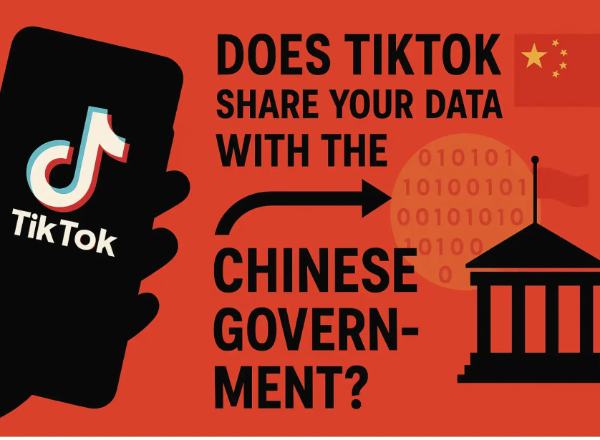
A central question in evaluating TikTok safety is whether the app shares data with the Chinese government. While TikTok has repeatedly stated that data for international users is stored outside China, critics argue that Chinese law could compel ByteDance (TikTok’s parent company) to provide data upon government request.
Key points to understand:
-
Data Storage Locations: TikTok claims user data is stored in servers in the U.S., Singapore, and Europe.
-
Chinese Law Concerns: Chinese law requires companies to cooperate with government intelligence work. This has sparked debates about whether TikTok could be legally obligated to share data.
-
Expert Opinions: Security experts and government bodies in several countries have expressed caution, citing potential privacy and national security risks.
For most casual users, TikTok’s data practices may not lead to immediate personal harm. However, users dealing with sensitive information—journalists, activists, or government employees - should be especially cautious.
Safety Tip: Using privacy tools like a reliable VPN can add an extra layer of protection when browsing apps that collect large amounts of data. A VPN works by assigning you a virtual IP address and encrypting your internet traffic, which means your online activity stays private. This not only helps you avoid unnecessary tracking from apps but also prevents your ISP from monitoring or logging what you do online.
Is TikTok Shop Safe?
TikTok Shop integrates e-commerce directly into the app, allowing users to purchase products from videos without leaving the platform. While convenient, safety concerns remain:
-
Seller Verification: Not all sellers are fully verified. Users could encounter counterfeit products or delayed shipments.
-
Payment Security: TikTok Shop uses secure payment methods, but phishing scams and fraudulent links outside the official checkout process remain risks.
-
Customer Protection: TikTok provides refund and dispute policies, but experiences may vary. Understanding these terms before purchasing is crucial.
For safer transactions:
-
Stick to verified sellers with good reviews.
-
Avoid clicking on suspicious links in comments or DMs.
-
Use secure payment methods and consider privacy-enhancing tools, such as VPNs, when making online purchases to protect your personal data.
By being cautious, users can enjoy TikTok Shop without compromising security.
How to Use TikTok More Safely
Love TikTok but worried about safety? You don’t have to stop using it — just a few smart habits can make your experience much safer:
1. Tweak Your Privacy Settings
Keep your account private if you’d rather control who sees your content. You can also choose who can comment, message, or download your videos.
2. Add an Extra Layer of Protection with a VPN
Privacy tools like UFO VPN encrypt your internet traffic, mask your real IP, and help you stay anonymous. This makes it much harder for hackers, ISPs, or even advertisers to track what you do online. A VPN is especially useful when you’re on public Wi-Fi or shopping through TikTok Shop.
How to get started with UFO VPN:
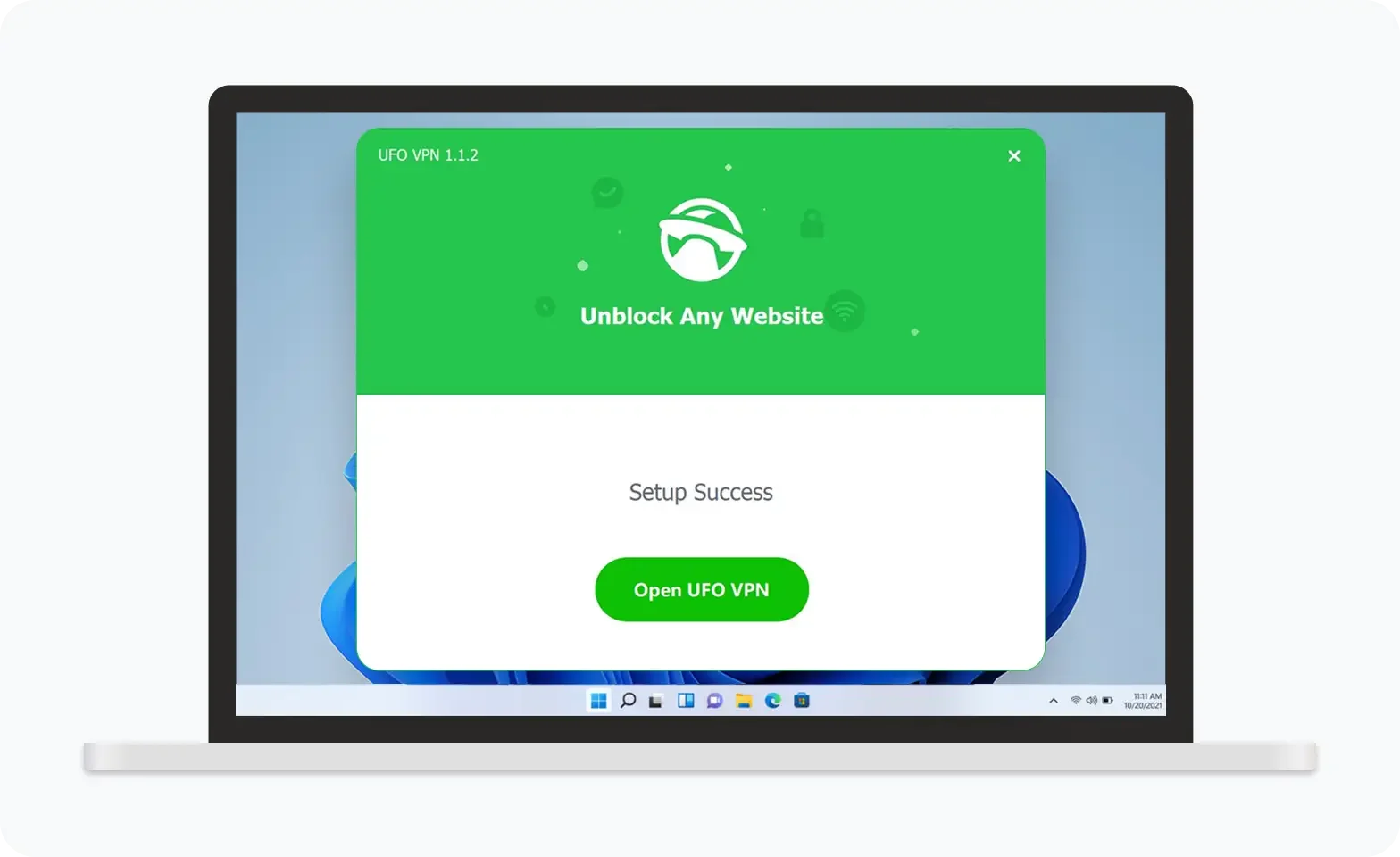
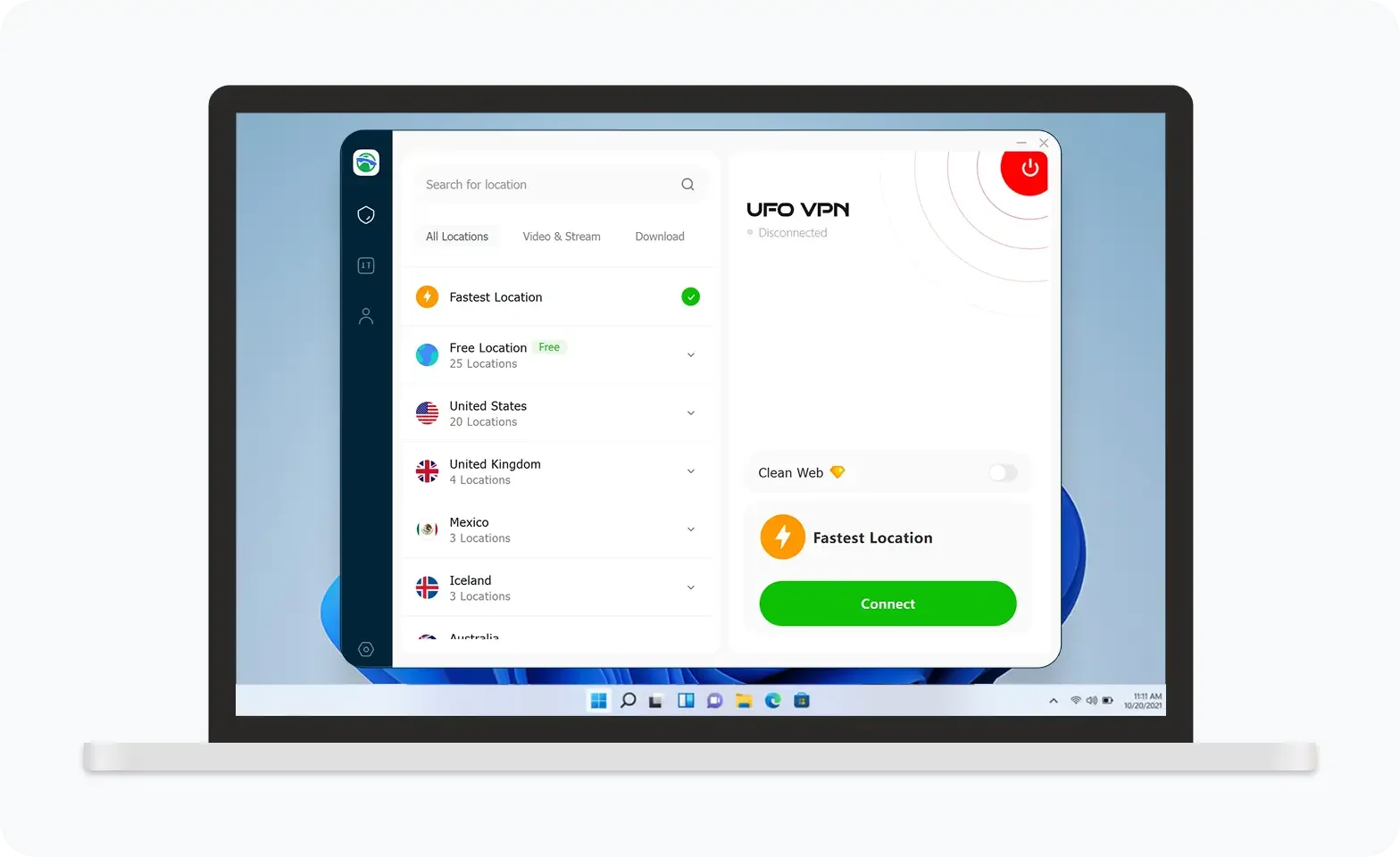
UFO VPN is an all-in-one VPN that offers unlimited access to 4D streaming like Netlfix, Disney Plus, no-ping gaming as PUBG, Roblox, CODM and social networking for YouTube, X, Facebook and more.
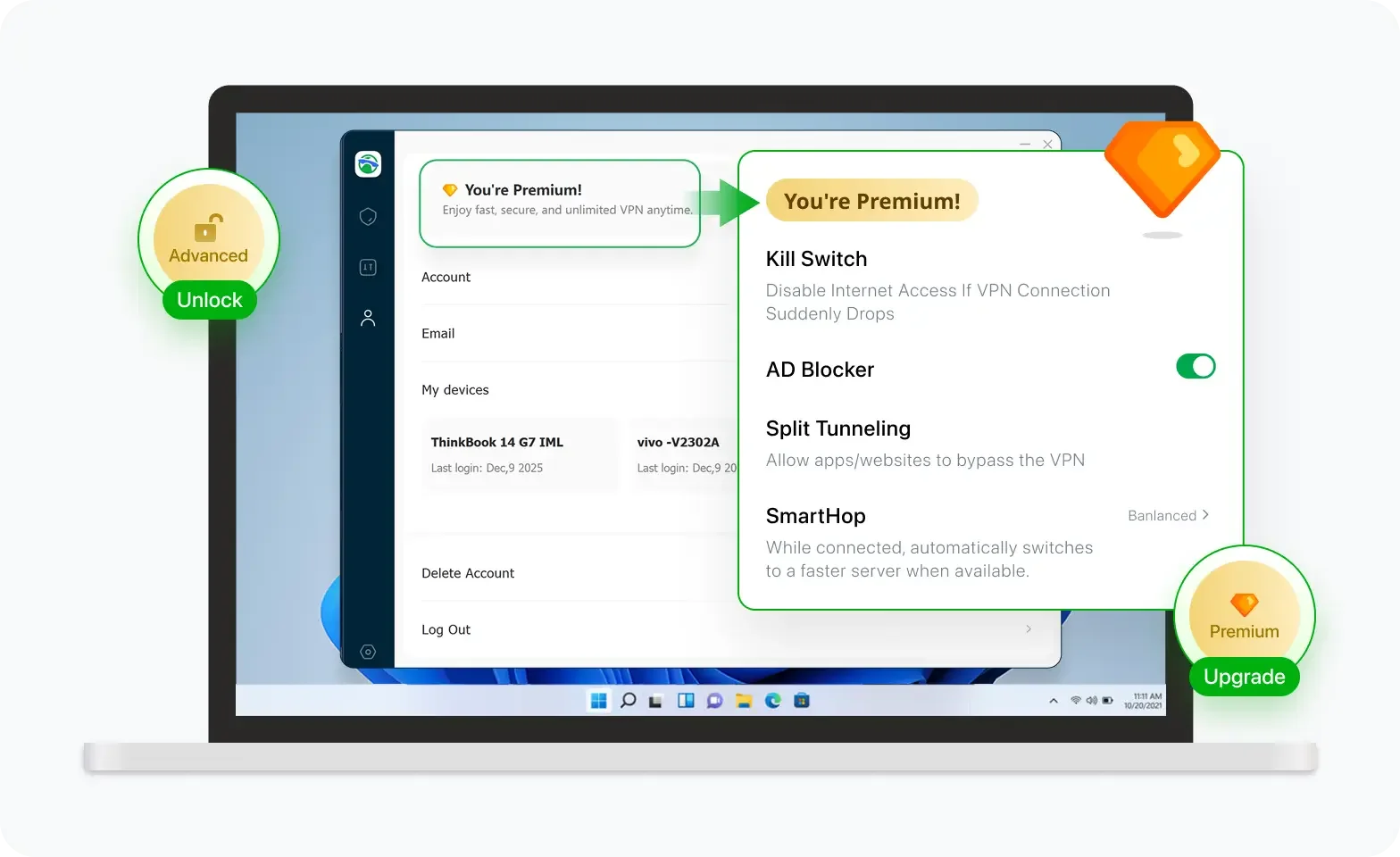
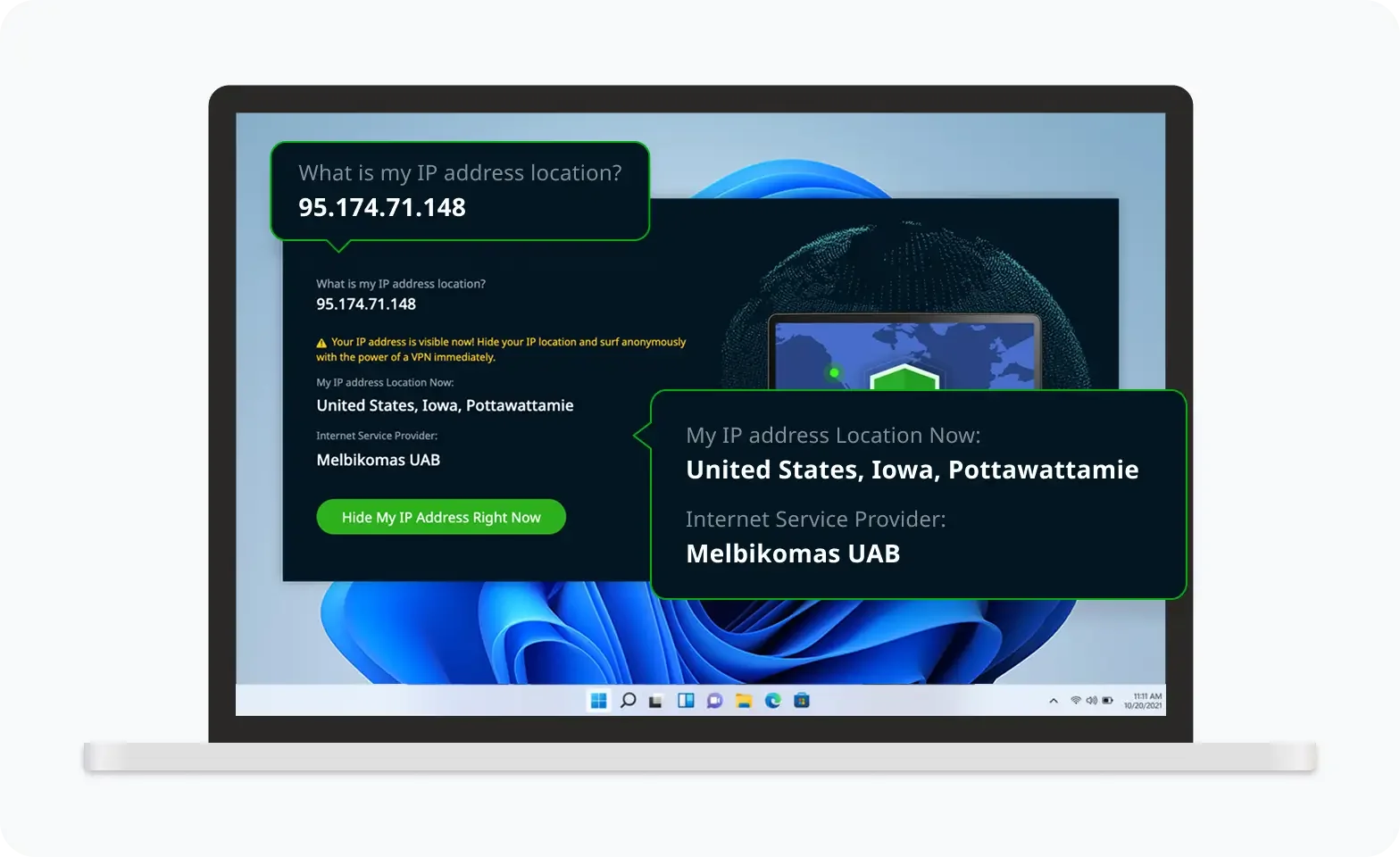
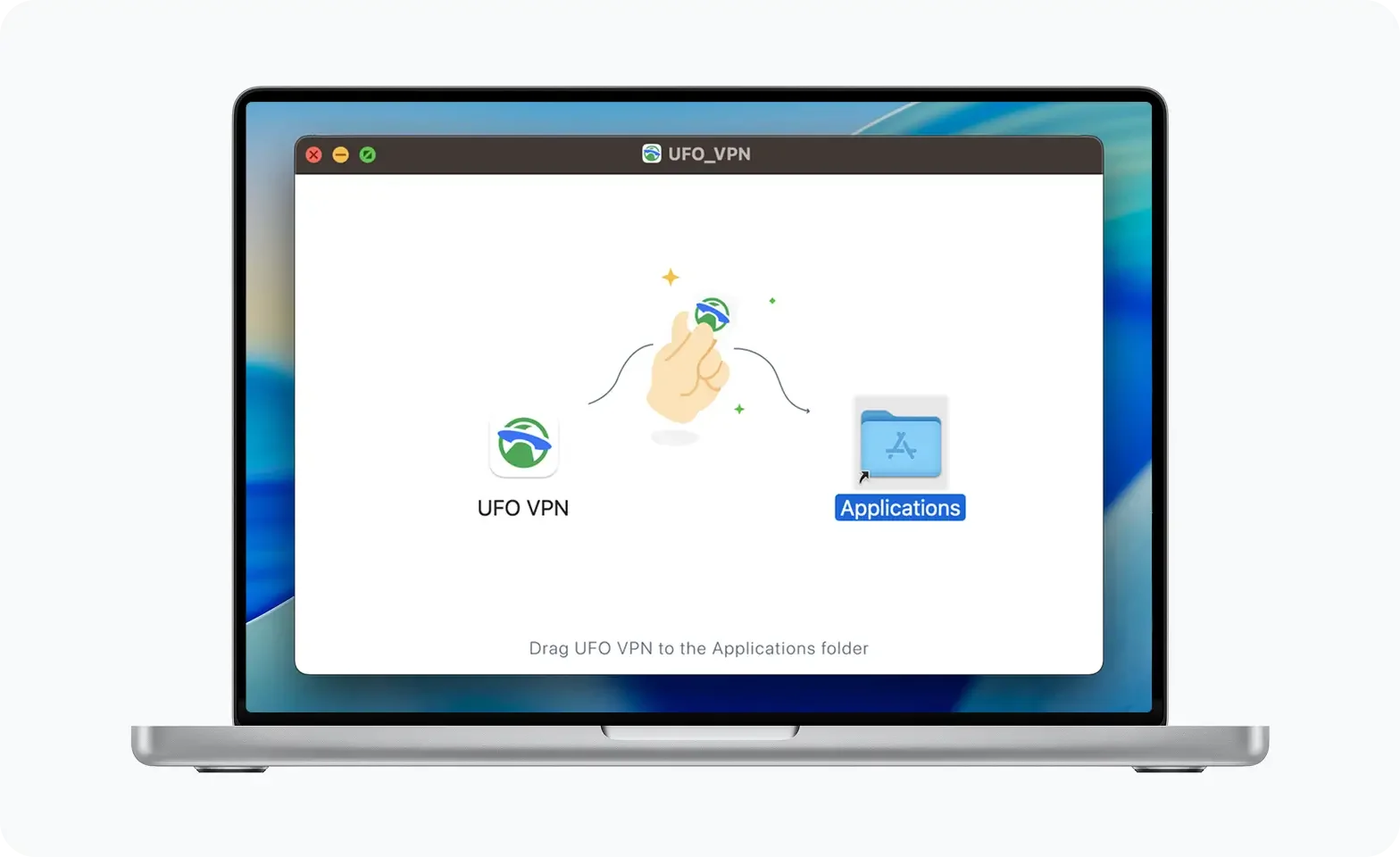
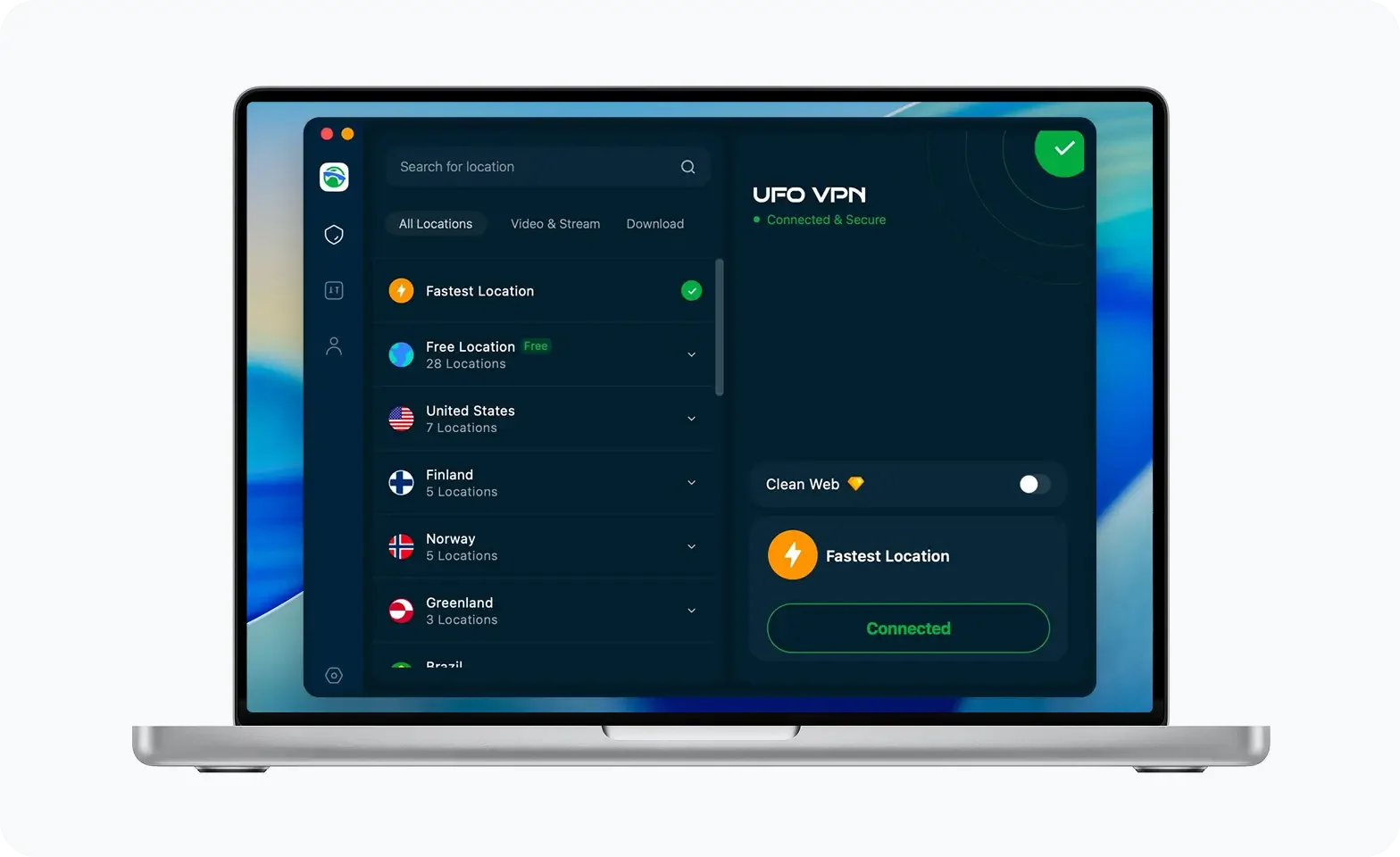
Unlock Pro Features
If you have upgraded to premium plan , feel free to enjoy premium servers for 4K streaming and advanced features like Kill Switch, Split Tunneling, and gaming acceleration. Your Mac is now fully optimized and protected. Inaddition to basic functions, we recommend you turn on

Verify Your IP Now
Use UFO VPN's " What is My IP " feature to see your new IP and location. This confirms your connection is secure, anonymous, and ready for safe browsing online anywhere at any time.

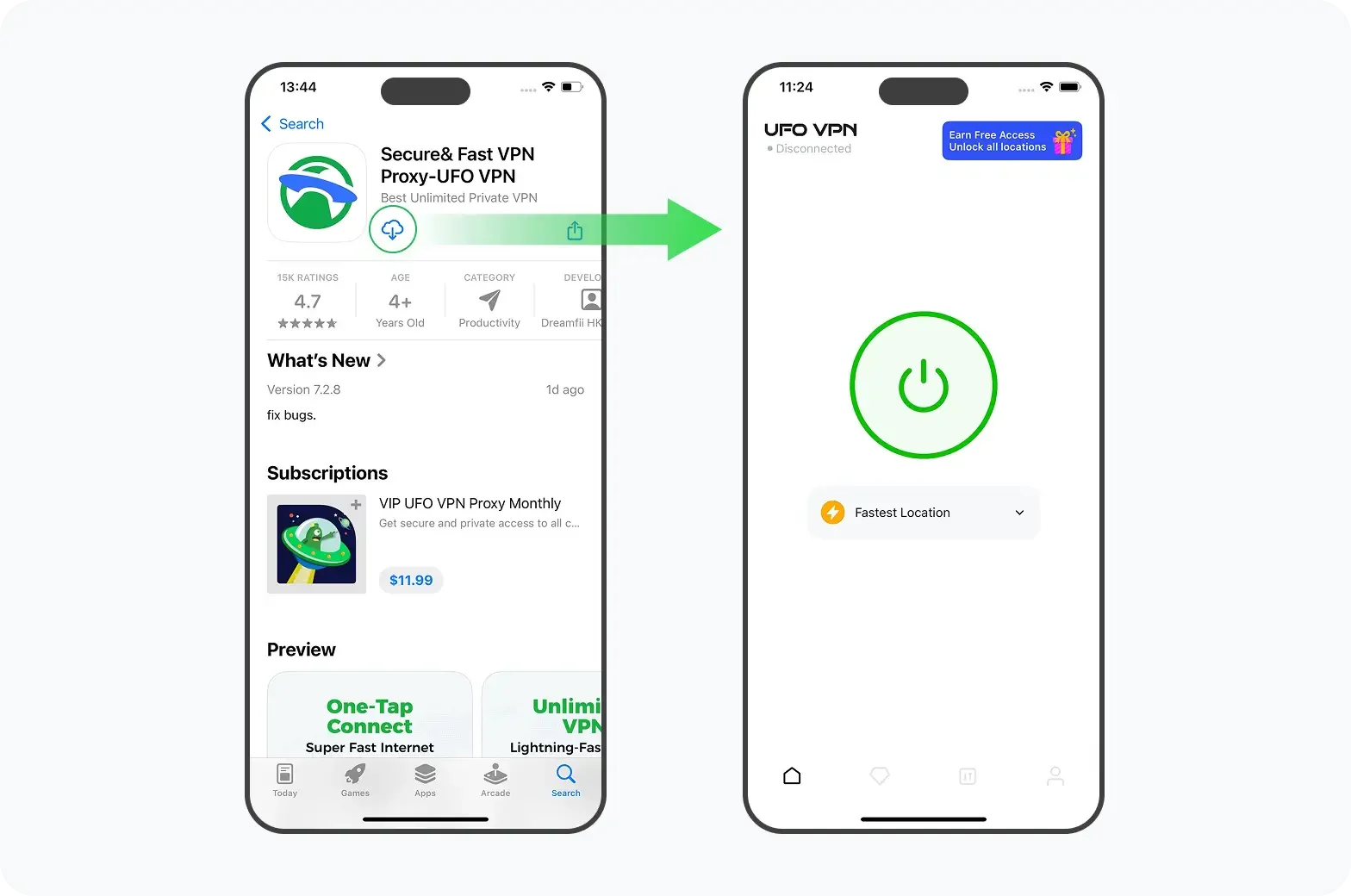
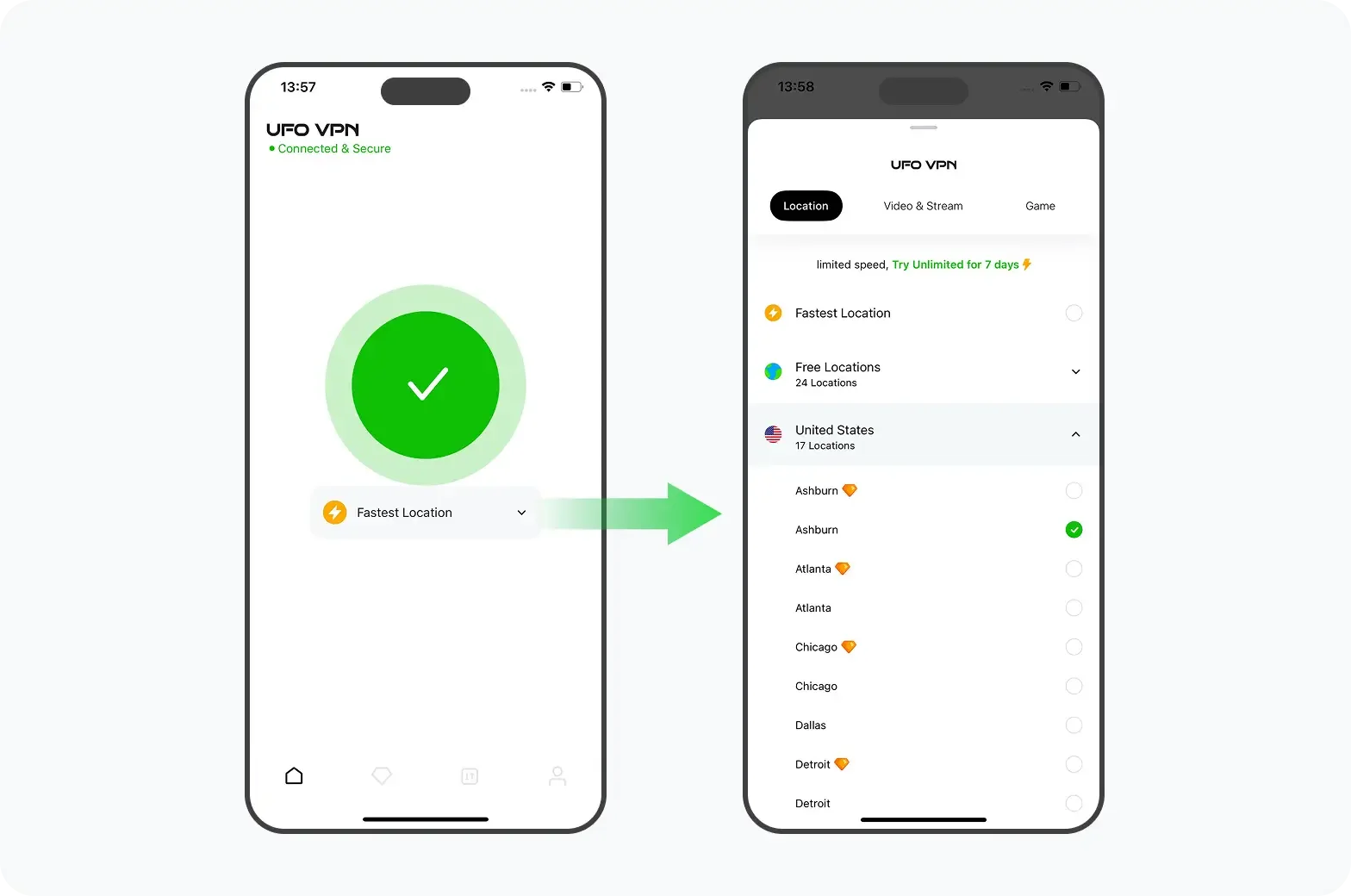
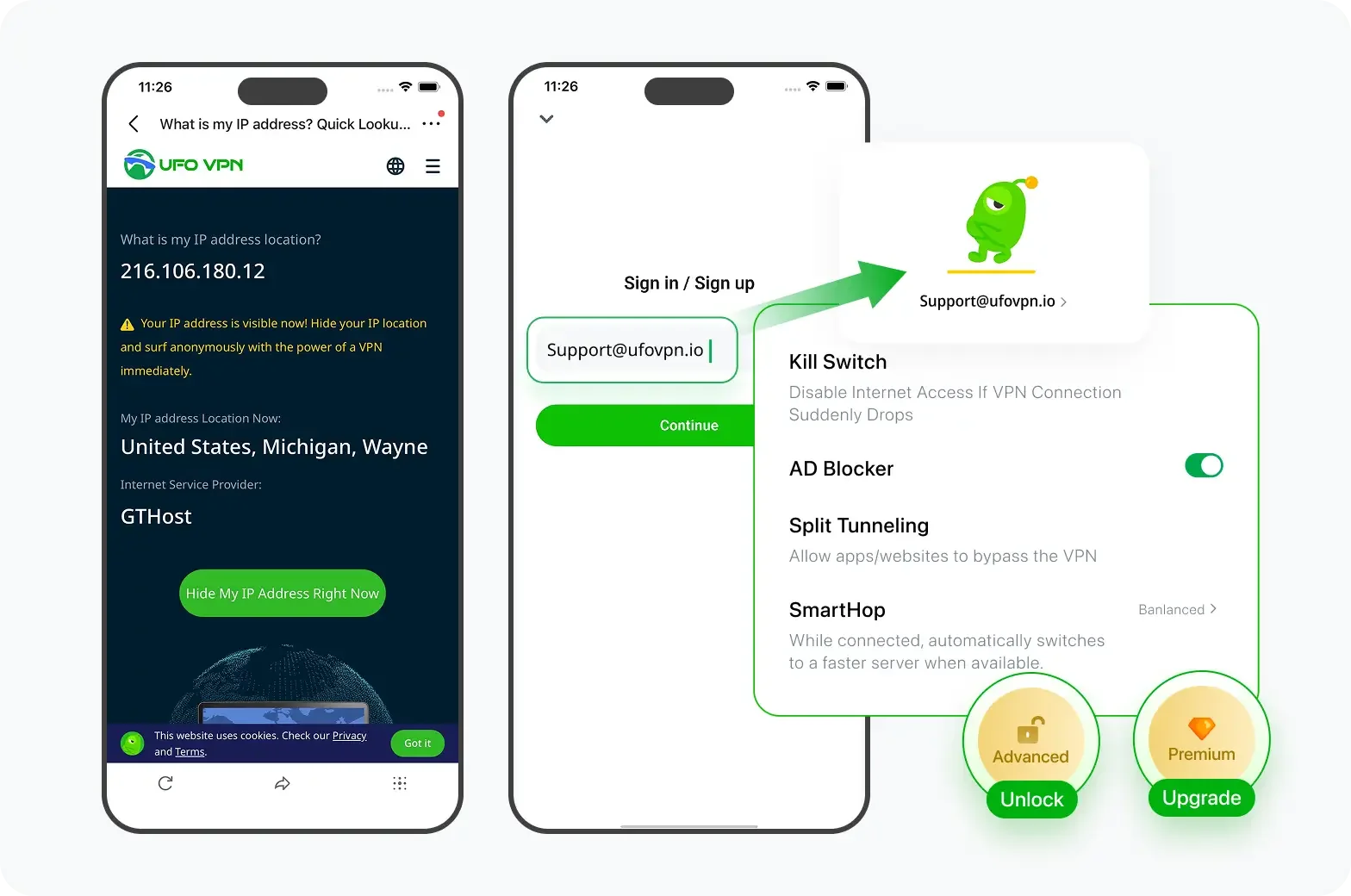
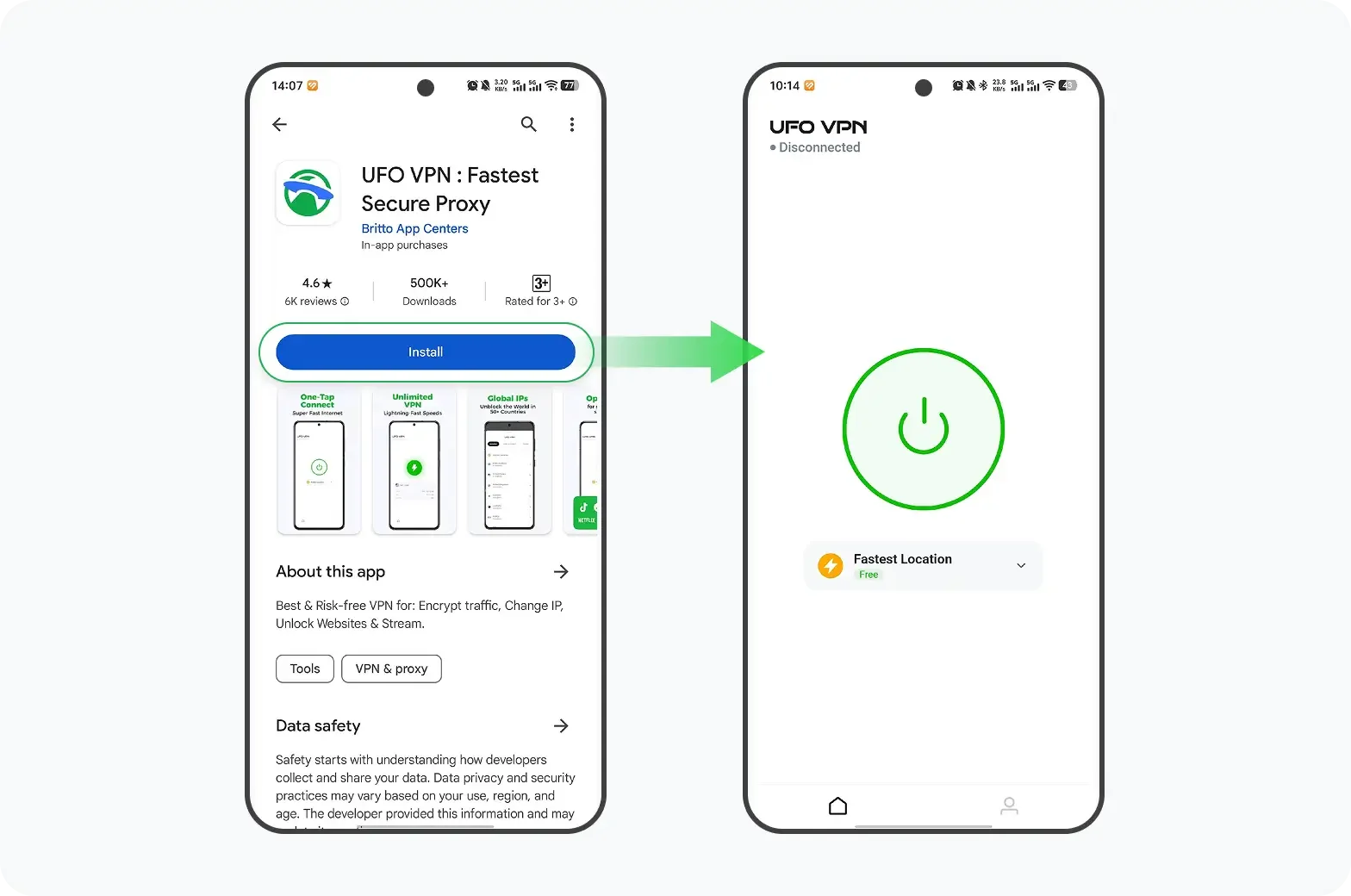
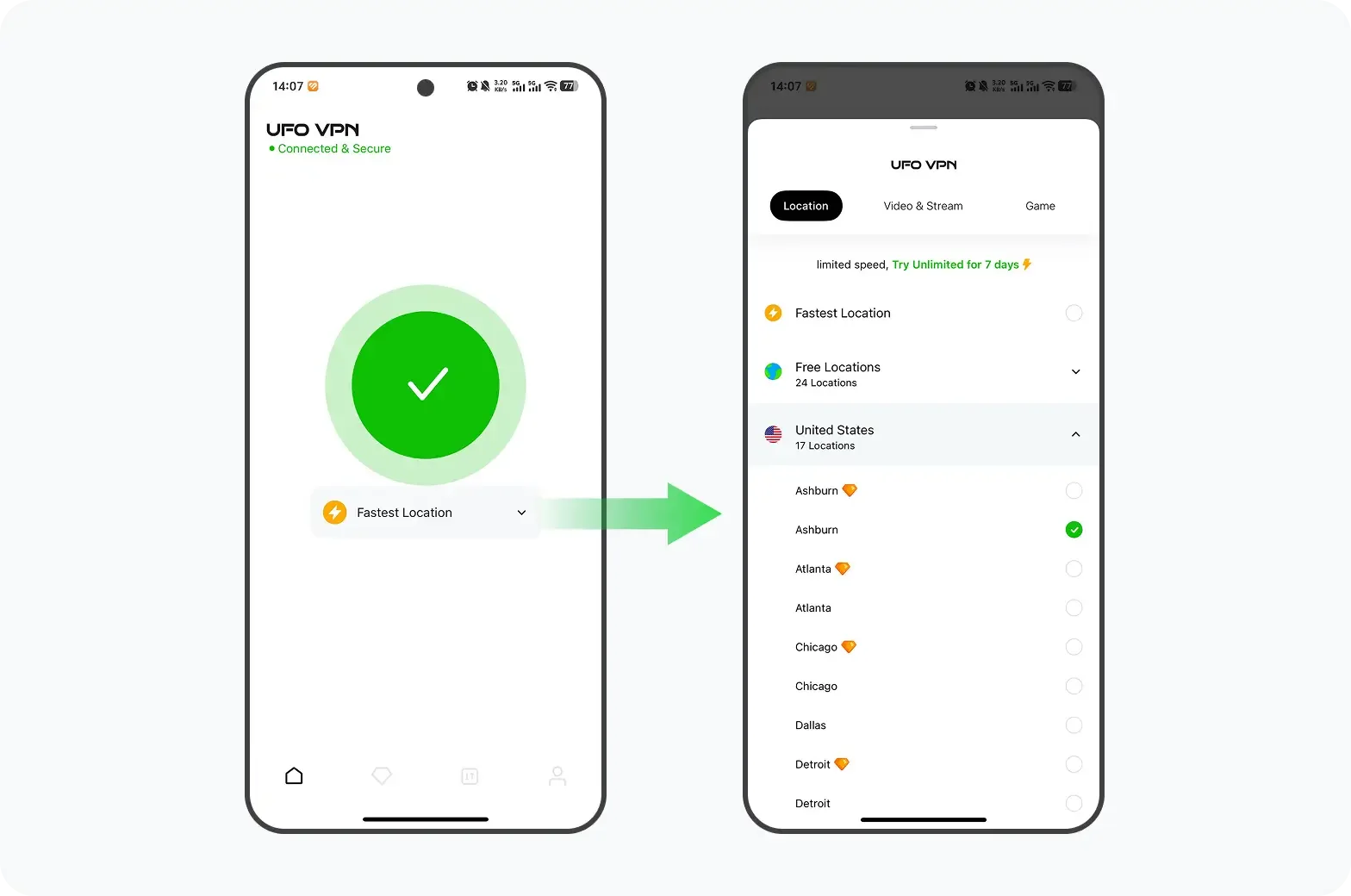
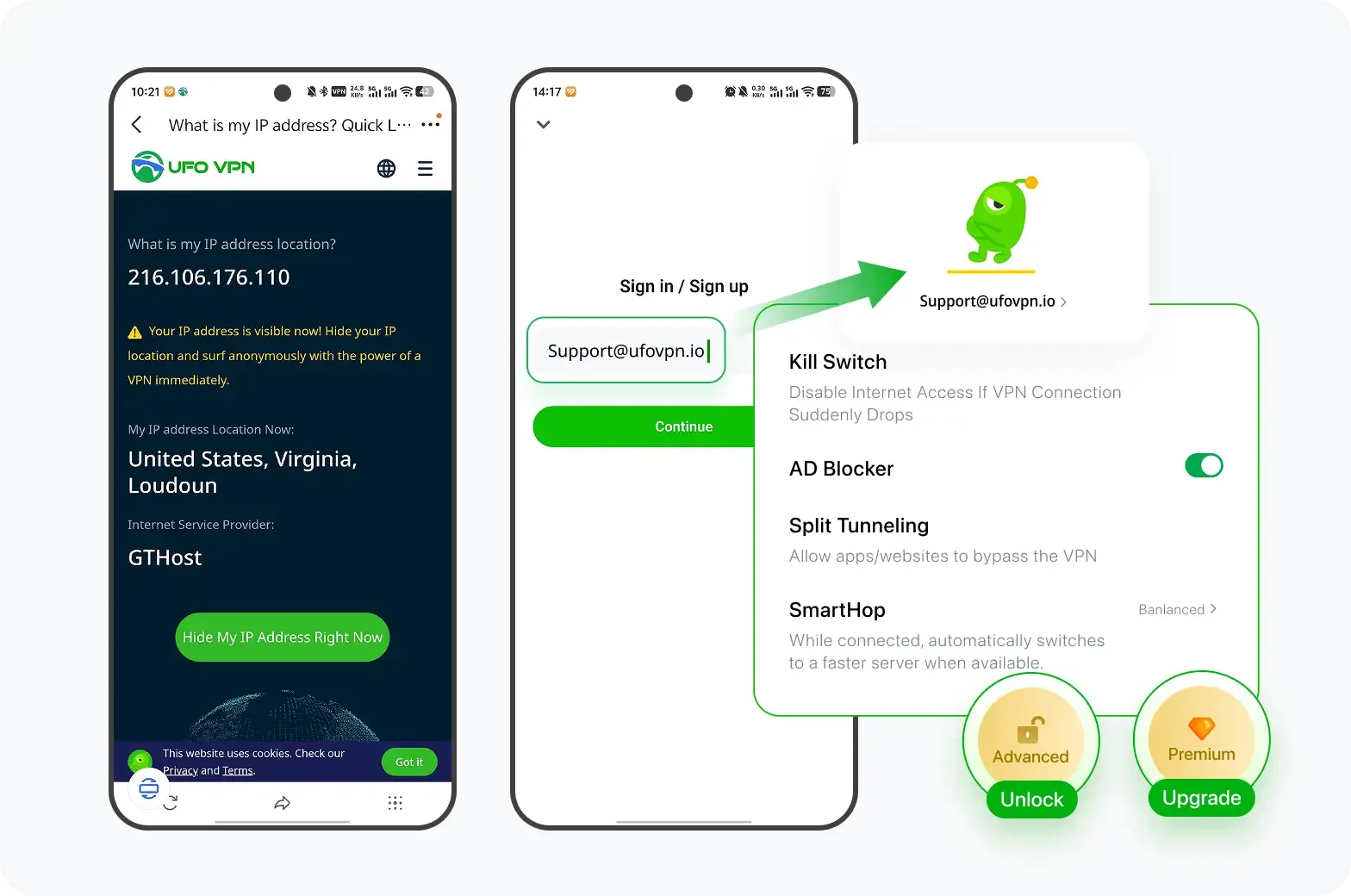
3. Check App Permissions
TikTok asks for access to your camera, microphone, contacts, and location. Review these regularly and only allow what feels necessary.
4. Strengthen Your Login
A strong, unique password plus two-factor authentication can block most account hijacking attempts.
5. Think Before You Click
Avoid clicking on suspicious links or downloads from comments and DMs. If you buy from TikTok Shop, double-check seller reviews to avoid scams.
6. Keep an Eye on Kids’ Usage
Parents can use TikTok’s parental controls to set screen time limits and filter inappropriate content. Even better, combine these tools with open conversations about safe online habits.
By blending these tips with a bit of common sense, you can enjoy TikTok’s fun side while keeping your personal information safe.
FAQs
Q1: Is TikTok safe?
TikTok is generally safe for casual use, but privacy concerns, account security risks, and potential exposure to harmful content mean users should take precautions.
Q2: Can TikTok access everything on my phone?
TikTok requests access to certain features, like your camera, microphone, contacts, and location. Limiting permissions reduces unnecessary access.
Q3: Is TikTok Shop safe to buy from?
TikTok Shop is convenient, but safety depends on choosing verified sellers, using secure payment methods, and being cautious of scams.
Q4: Does TikTok give data to the Chinese government?
TikTok states that international user data is stored outside China, but Chinese laws could theoretically compel data sharing. Users should consider privacy measures like VPNs.
Q5: Why is TikTok considered bad by some users?
Concerns include addictive algorithms, extensive data collection, potential privacy violations, exposure to inappropriate content, and national security considerations.
Q6: What parental controls exist on TikTok?
TikTok allows parents to set screen time limits, restrict content, and manage interactions with other users through Family Pairing settings.
Q7: Are there any risks to using TikTok?
Yes - risks include privacy breaches, exposure to harmful content, online scams, and account hijacking. Awareness and safety measures are essential.
Conclusion
TikTok offers engaging content and social interaction, but it also carries privacy, security, and e-commerce risks. Users should understand how TikTok collects data, TikTok Shop safety, parental controls, and potential connections to the Chinese government. By adjusting settings, monitoring permissions, practicing safe shopping habits, and using tools like UFO VPN, you can enjoy TikTok while protecting your personal information and online safety.

